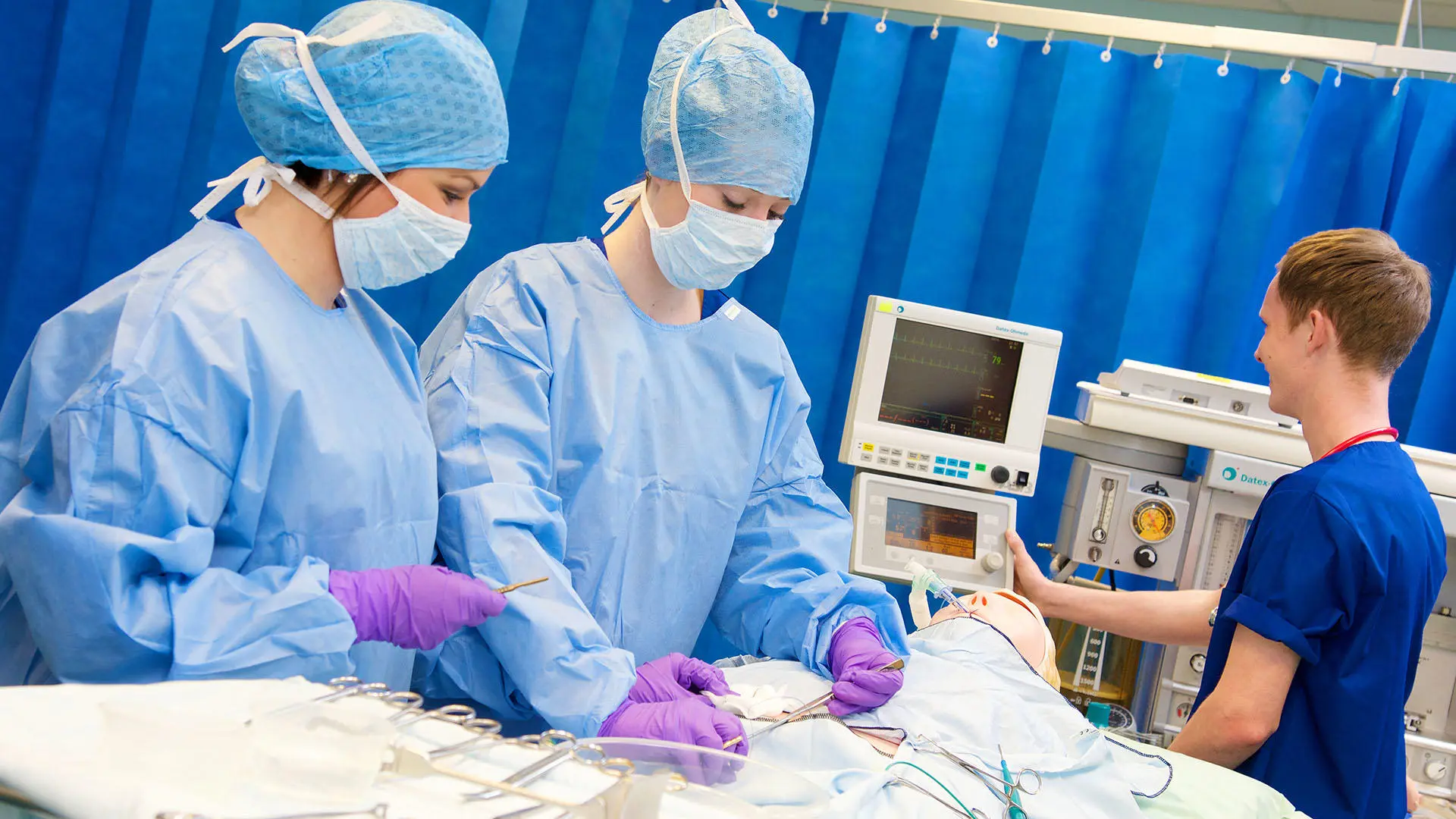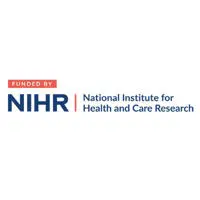Should we use post-operative antibiotics following surgery for patients with mandible fractures? The MANTRA trial (MANdibular TRauma and Antibiotic use).
Around 10% of patients get surgical site infection (SSI) following surgery for mandible fractures. Due to this risk, most patients (85%) with mandible fractures are given pre-operative intravenous (IV) antibiotics in the run-up to surgery. However, clinical practice for prescribing post-operative antibiotics is inconsistent.
The MANTRA trial, a Phase III non-inferiority, open-label pragmatic Randomised Control Trial, will compare the following intervention groups:
- Group A will receive no antibiotics following surgery.
- Group B will receive 2 further intravenous antibiotic doses.
- Group C (control) will receive 2 further intravenous antibiotic doses and a 5-day course of oral antibiotics.
This trial seeks to commence with an initial pilot phase at 4 sites to gauge the feasibility of recruitment. This will be followed by a wider multicentre trial (minimum of 26 sites), in order to delineate existing practices and facilitate a step change and a benchmark towards evidence-based practice.
Trial objectives
Primary objective
- Establish the non-inferiority of a reduced dose, or none, of post-operative antibiotics on the incidence of SSI following surgery on mandible fractures.
Secondary objectives
- Measure the cost-effectiveness of the proposed antibiotic pathways.
- Test patient and clinician acceptability to changing clinical practice.
- Perform process evaluation to inform dissemination and implementation.
Impact of this research
- The identification of the appropriate post-operative antibiotic regimen for mandible fractures will help to optimise antibiotic prescribing. This will potentially reduce the risk of antibiotic resistance and primarily reduce health service costs, by saving on patient treatment . This will also relieve the burden on the NHS, as post-surgical infections can often lead to hospital re-admissions, which the correct regimen can help prevent.
- There is a drive to move to day-case surgeries for cost and capacity benefits. This trial may create evidence to support (or not support) practice change.
- This RCT is one of many that will act as a “lever", a step-change and a benchmark in answering simple questions for daily OMFS clinical practice.
- The result may help avoid a post-code lottery of unequal provision of services, and provide and promote equality and diversity.
This study is funded by the NIHR HTA programme (NIHR152682). The views expressed are those of the author(s) and not necessarily those of the NIHR or the Department of Health and Social Care.





